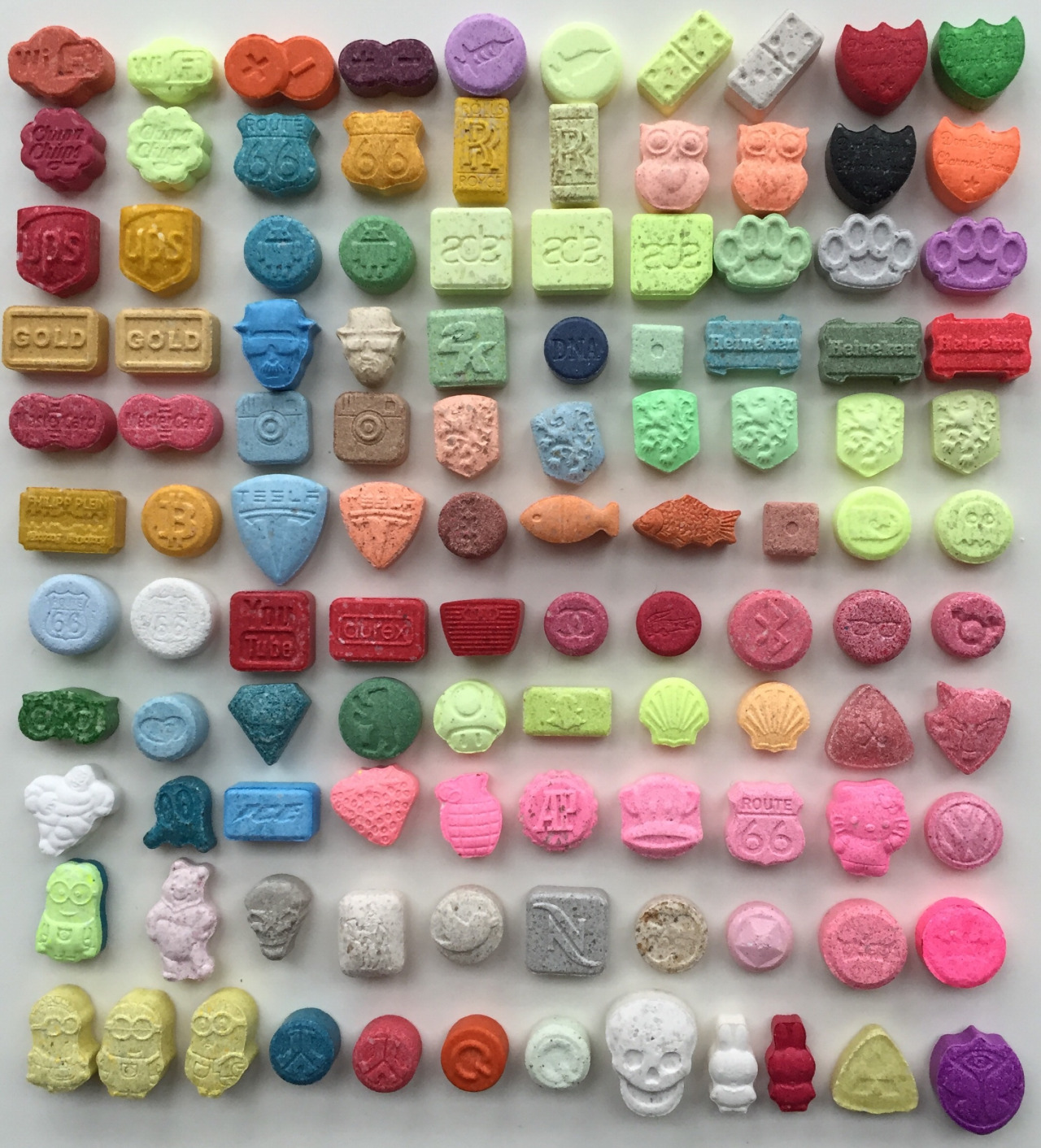How MDMA Affects the Brain

By:
For people who have PTSD, the drug MDMA (also known as Ecstasy or Molly) has shown great potential to alleviate symptoms of the psychological disorder. PTSD is a psychological disorder that involves seeing and reliving traumatic experiences. And a new study offers yet another reason why the drug could be used to treat patients: MDMA seems to dramatically reduce conditioned fear, an emotional response to stimuli that one is "conditioned" to fear.
RELATED: Why MDMA Has the Potential to be Much More Than a Club Drug
In previous clinical trials, researchers found that MDMA was a valuable treatment option for PTSD sufferers when the drug was integrated into psychotherapy sessions. But a team of researchers at Emory University wanted to know exactly why the drug produced this long-term result.
 Tumblr - tumblr.com
Tumblr - tumblr.com
Their study, published in the journal Translational Psychiatry, looks at the effect of MDMA on the conditioned fear response of lab mice. They determined that the drug altered the neuronal activity of the amygdala, a part of the brain that regulates memory and emotions.
How did they arrive at this conclusion?
In order to test the psychological effects of MDMA, the researchers experimented with Pavlovian conditioning on mice. They combined a neutral stimulus (a tone) with an adverse stimulus (a mild foot shock), effectively conditioning the mice to fear the tone. When they heard the tone, the mice would stop in their tracks.
Then, two days later, the researchers played the tone without the shock and studied how long it took the conditioned fear response to go "extinct." In time, the mice stopped freezing at the sound of the tone.
But for those injected with MDMA prior to the second experiment, the time it took for the fear to go away was notably shorter. It "resulted in persistent and powerful reductions in conditioned fear," the researchers said.
RELATED: Psychedelic Drug Approved for First Clinical Trial by Drug Enforcement Administration
"This is a useful model for understanding the learning and memory processes required for long-term recovery from PTSD because it resembles exposure-based therapy, wherein repeated exposure to a fear-eliciting stimulus or memory promotes a reduced fear response to future reminders of the trauma," said the study's lead author, Dr. Matthew Young.
You can learn more about the history of drugs in the U.S. and MDMA in this ATTN: video:
